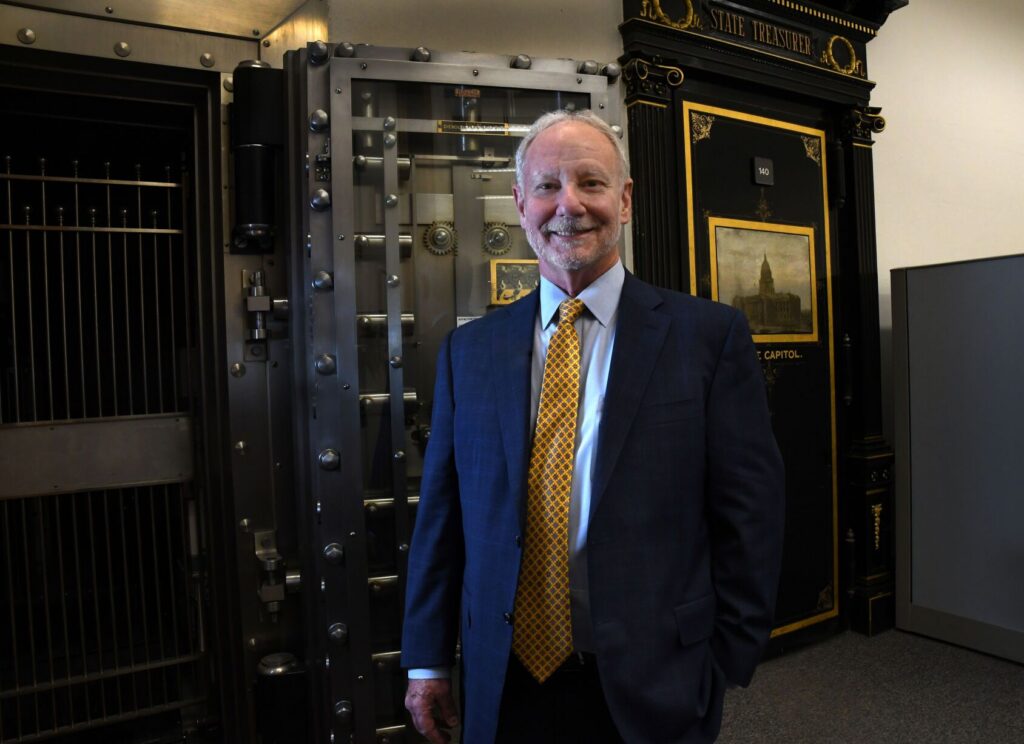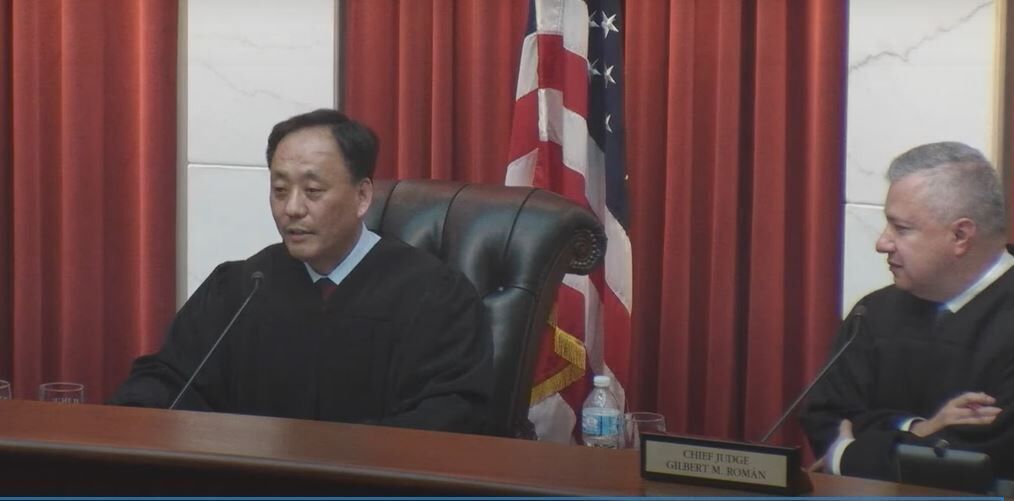Colorado Supreme Court addresses ‘weaponization’ of paraprofessional program by loosening rules

The Colorado Supreme Court recently revised the rules governing the state’s relatively new legal paraprofessional program after hearing complaints that procedural barriers were preventing adequate representation of clients and generating unnecessary courtroom disputes.
Last year, the court hosted a groundbreaking inauguration of a new category of legal workers: licensed legal paraprofessionals. Fifty-nine LLPs took the oath of admission, enabling them to practice law to a limited extent in family law cases, where approximately 75% of parties do not have legal representation. Now, there are more than 100 LLPs.
However, the court issued an amended set of LLP rules on Oct. 30. Although there were several adjustments, the most notable changes came in response to concerns that LLPs’ inability to question witnesses and handle certain “complex” matters was frustrating the goal of the program.
“We want to remind everyone that this is ‘no help versus some help.’ The folks we want LLPs to represent have no help currently,” said Angela R. Arkin, a retired trial judge who helped develop the LLP program, during an Oct. 21 hearing before the Supreme Court.

Veronica Gonzales, an LLP from the inaugural class, told the justices that the paraprofessionals are talking with each other about how to apply the rules and support their clients. But the limitations meant that domestic relations litigants represented by paraprofessionals still wound up taking on emotional or difficult tasks in court.
“The original intent of the LLP program was to expand access to legal representation at lower costs,” said Gonzales. But “valuable hearing time is spent coaching clients rather than presenting the case directly. Clients tend to lead with emotion, which can lead to questioning that is not always legally relevant. Allowing LLPs to examine witnesses would enable us to stay within the legal framework and manage hearings more effectively.”
Justice Maria E. Berkenkotter observed that LLPs, like lawyers, are required to be competent, which the rules define as having “the legal knowledge, skill, thoroughness and preparation reasonably necessary for the representation.” Brand-new lawyers are expected to fulfill that duty, she said, without overly prescriptive rules.
“What’s different with respect to LLPs?” Berkenkotter wondered.
“Just like with lawyers, we have to trust them at some point that they’re only going to take the things they feel comfortable with,” added Justice Carlos A. Samour Jr.
The new rules, as adopted, allow LLPs to take over more courtroom duties from their clients, and remove the prohibition on LLPs handling matters requiring expert testimony to value “inherently” complex assets or income.
Those who submitted written comments to the Supreme Court described attorneys using the threat of a domestic relations trial to obtain leverage, knowing the LLP has to largely sit on the sidelines in the courtroom.
“This weaponization of the rules undermines justice and leaves vulnerable clients, many of which are often facing hostile or abusive ex-spouses, without meaningful access to the legal system,” wrote attorneys Tia Zavaras and Cerridwyn Nordstrom and LLP Tricia Cunningham. “It is also unfair to the LLPs who have done the work to get licensed, and who are continuing to do the work to support their clients every day, only to be bullied into settlement by attorneys who know they cannot sufficiently or effectively support their clients in the event the case goes to trial.”

LLP Laura Landon also wrote that the asset-related tasks the rules prohibited were deterring LLPs from doing things many paraprofessionals, in their prior careers as paralegals, would have worked on. Such delineations mean that clients will need to either represent themselves or bring in higher-cost attorneys for certain aspects of their case.
“It creates significant expense to the client due to duplication of efforts,” she told the justices at the hearing. “These are efforts the LLP has already done and already billed for.”
Included in the written comments was a letter from the client of an LLP in a divorce proceeding. She attested that the opposing attorney tried to remove her LLP from the case, even though the LLP acted within the scope of her duties.
“This motion delayed progress, increased my legal costs, and caused considerable stress. These rules, while well-intentioned, had real and harmful consequences,” wrote the litigant.
Jessica E. Yates, Colorado’s top attorney regulator, acknowledged some of the restrictions were being used to “attempt to force an LLP out of a case.” Moreover, judges are sometimes misinterpreting the rules.
“There’s a widespread acknowledgment that this is a learning curve,” she said at the hearing.
LLP Hannah Schoeninger said that her peers have created a trial skills school through the El Paso County Bar Association in response to the “clunky and dysfunctional” obligation to simply consult with litigants as those clients perform trial tasks. She also criticized a proposed addition to the rule that warned LLPs could be held accountable for acting beyond the scope of their duties.
“It’s offensive that there are those with opinions that LLPs are unknowledgeable in what we can and cannot do,” Schoeninger said.
The final rule removed that language and instead advised that the rules should be “liberally construed” as to what LLPs are authorized to do.
“From your point of view, how is the program going so far? How are the LLPs doing?” asked Samour.
“To my knowledge currently, no complaints,” said Arkin, the retired judge. “Most clients, frankly, are thrilled with the help they’re getting.”
Justice Melissa Hart did not participate in the court’s order adopting the amendments.













